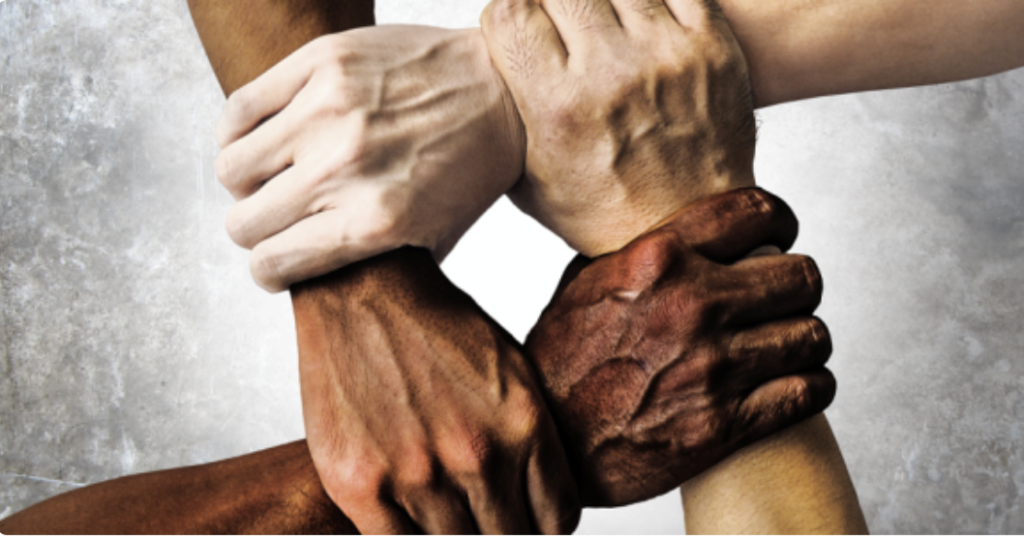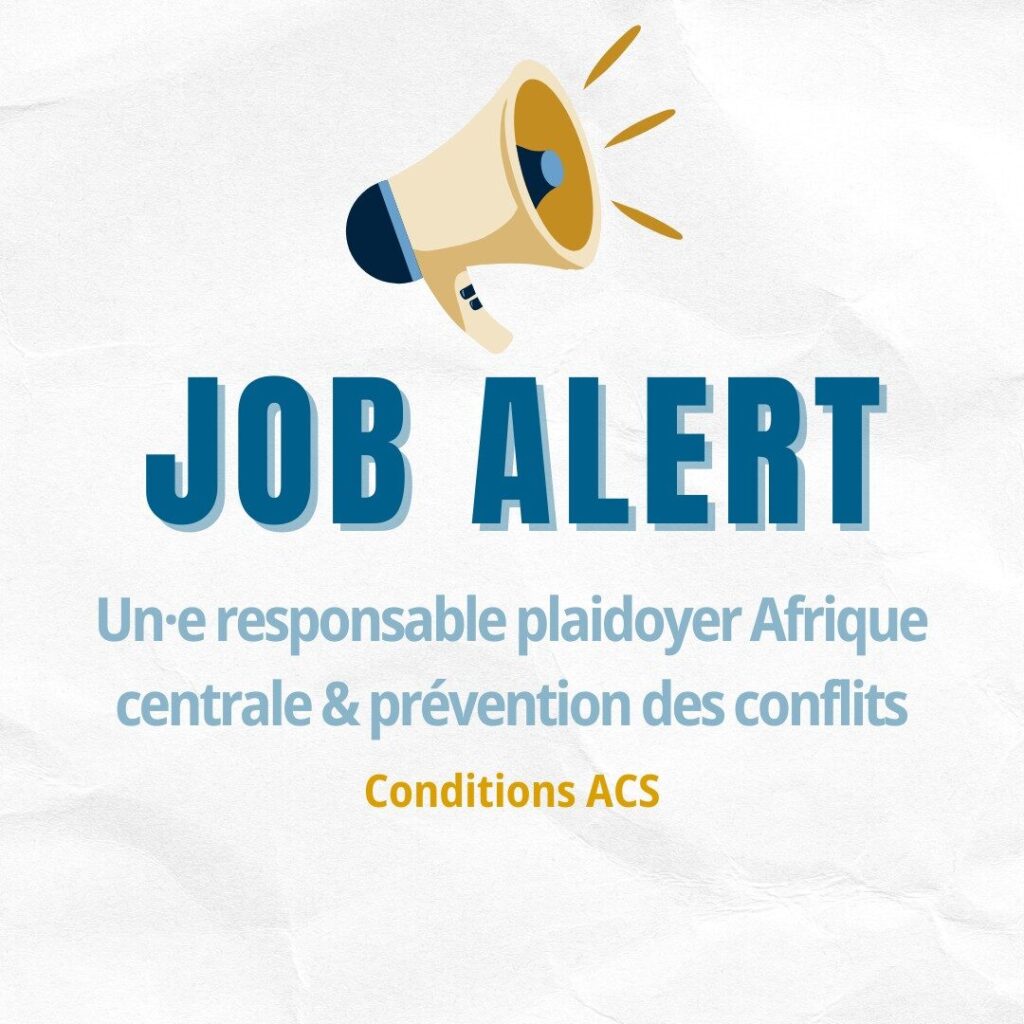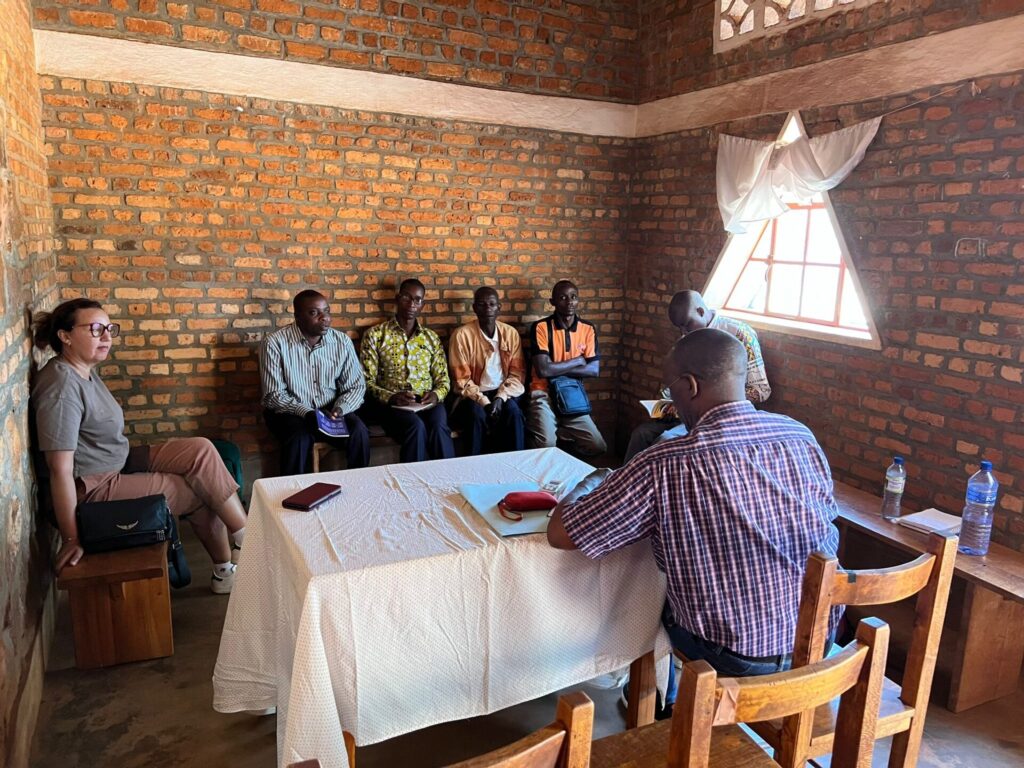
Establishing an enabling environment is a key element that allows citizens to freely and democratically elect their representatives. Respect for human rights in the electoral cycle remains essential.
However, electoral processes are most often accompanied by controversies and dramatic consequences in DR Congo.
The current precarious context
After the controversial 2019 elections which brought to power the son of Etienne Tshisekedi (emblematic opponent of the long-time Mobutu regime), DR Congo, although on the eve of the next 2023 elections which are on the horizon , is still evolving in a gray situation. The progression of the votes which should nevertheless result from a clear electoral process is expected as an event isolated, as if it could be achieved without the appropriate preliminary steps.
The circumstantial alliance[1] and still secret (FCC-Cash marriage[2]) which links the current president with his predecessor, honorary president Joseph Kabila, remains perilous and still hides surprises and uncertainties.
L’Union Sacrée de la Nation[3], which replaced the FCC-Cacha coalition, integrated the opponents to form the new Congolese political majority. The only opponent who seems to have remained independent is the political platform “Lamuka[4] » by Fayulu and Muzito. The question that nevertheless arises is this: will this Union resist or will it break up before the next elections?
The influence held by Joseph Kabila, the first senator for life of the DR Congo – a majority in the national and provincial parliaments, in the government and a control in strategic sectors (army, portfolio, financial sector, etc.) – does not guarantee the absence of surprises that could lead to sudden emulation of the country or even the Great Lakes region. Certainly, some of the advances had nevertheless been noted which gave some glimmers of hope regarding the rule of law and the approach against impunity, particularly through the prosecutions carried out against Vital Kamerhe[5], But questions still remain unanswered in view of the political situation and the follow-up given to all the trials which pinned the helmets of power, as illustrated by the scandal called “ Congo Holdup » from Médiapart[6].
The lack of consensus in the designation of the facilitators of the Independent Electoral Commission (CENI) does it not already presage a future grayness?
The effectiveness of human rights remains rather hypothetical. Although the necessary legal framework is clearly established, serious violations are still committed and/or remain unpunished. Some prosecutions and numerous trials remain unfinished. Certain cases of violations, although well referenced in the Mapping report, remained a dead letter. In this context, talking about human rights may at first glance seem very theoretical. The lifestyle of those in power and the uncertainty in the face of general situation of the population tending towards extreme poverty.
Two years before the next elections, the National Episcopal Conference of Congo (CENCO) having perceived a great divergence of doctrines and values between different religious confessions, withdrew from the platform “religious denominations” responsible for appointing the main facilitator of the Independent Electoral Commission (CENI). CENCO with the Church of Christ in Congo (ECC), bringing together Protestant parishes, were the only institutions able to organize the observation of the 2018 elections. This lack of consensus deplored by the partners of the DR Congo portends great danger for the next elections scheduled for 2023.
This pushes us to ask ourselves if it is possible to access freedom of suffrage in a context where the practice does not correspond to pre-established standards? Is the situation politically undermined in advance? The growing problem relating to respect for the right to free elections[7] Would it not be a danger for the future electoral process? Would the decried lack of consensus not be an obstacle to the holding of peaceful and democratic elections?
A well-established legal framework
(7) The Democratic Republic of Congo, like most States, has adopted a set of rules, which concern each individual without any distinction, through the Universal Declaration of Human Rights. The Universal Declaration of Human Rights (DUDH) fait référence, dans son article 21, au statut politique de l’individu dans un Etat :
(8) “ 1. Toute personne a le droit de prendre part à la direction des affaires publiques de son pays, soit directement, soit par l’intermédiaire de représentants librement choisis.
(9) 2. Toute personne a droit à accéder, dans des conditions d’égalité, aux fonctions publiques de son pays.
(10) 3. La volonté du peuple est le fondement de l’autorité des pouvoirs publics ; cette volonté doit s’exprimer par des élections honnêtes qui doivent avoir lieu périodiquement, au suffrage universel égal et au vote secret ou suivant une procédure équivalente assurant la liberté du vote ".
It is a set of principles which recognize that all human beings have the right to life, dignity, equality[8], security, health, freedom of expression and opinion, education, and fair justice. These rights are universal, that is to say common to all and applicable everywhere in the world, including in DR Congo.
The international community as well as Belgium should therefore address this issue by taking into account cross-border realities, in fact any potential breakup in one country will have consequences in neighboring countries and facto, a regional impact. The conflagration of the region is therefore a significant risk.
(11) The people seem relegated to the back burner even though they are the primary ruler[9]. His will should, however, determine the basis of all authority and the reason for all action of public power.. Face à l’impossibilité d’établir un système pouvant permettre à chaque citoyen de participer directement à la gestion de la société, le mécanisme de représentation par des élections au suffrage universel, libres et honnêtes reste aujourd’hui la meilleure façon d’y arriver. C’est pourquoi il est primordial de bien soigner le processus qui conduit à la désignation des représentants éthiquement redevables.
A gap between the normative and the practice: endless trials
Although the Congolese constitution provides for and integrates fundamental rights and freedoms into the body of the text of its constitution, it is far from complying with them in observed practice.
Whether following the hearings in the prefabricated housing affair[10] or even at the flagship trial known as “ of impunity » of the leaders of the old regime, notably the affair of the scandal of Bukangalonzo, the constitutional court (the highest judicial body in the country) declared itself incompetent to rule on the possible responsibilities of the former Prime Minister of the country in charge of the project between 2012 and 2016.
The fight against impunity, carried as a slogan of President Tshisekedi's governance, seems to come up against a difficulty of implementation each time it comes to leading legal cases from the investigation phase to the final judgment phase. and their execution. The implementation mechanisms of the judicial machine do not seem to be sufficiently exercised in situations of human rights violations. Concerns are being felt about the constant regression of the situation, jeopardizing the effective protection of human rights.
A look at future courses of action
(12) L’effectivité des droits humains est intimement liée à la santé de la démocratie. On note en effet que l’effectivité des droits économiques et sociaux impacte considérablement tout le processus de la vie sociopolitique d’un pays. Le Comité des droits de l’homme l’illustre encore bien dans l’article 25 du Pacte international relatif aux droits civils et politiques (ICCPR): “ l’article 25 appuie le régime démocratique fondé sur l’approbation du peuple et en conformité avec les principes du pacte »[11].
(13) Dans l’énoncé des droits politiques, la démocratie apparaît comme une condition nécessaire à la réalisation du droit des peuples à l’auto-détermination.
With regard to the DR Congo, a concerted outcome including all stakeholders involved in socio-political life is essential. Political parties, from the ruling majority to those in opposition, with civil society organizations (CSOs) must work together with the aim of organizing inclusive and fair elections.
CSOs, increasingly present, or courageous and tireless activist groups, mobilize on a daily basis to ensure respect for human rights and shout at each transgression. For many, they are a symbol of hope and protection of populations. The studies and campaigns that these organizations carry out make it possible to sound the alarm, to reference the crimes committed, to draw attention to unacceptable situations, to denounce the structural realities which hinder the democratic development of the region.
Les partenaires de la RD Congo, comme la Belgique, qui partage un capital historique commun peuvent influencer la bonne gouvernance en soutenant les efforts allant vers le renforcement des capacités des parties prenantes et organisateurs. La participation des citoyens à l’exercice du pouvoir constitue « l’un des pierres angulaires des systèmes démocratiques »[12] d’où, la pertinence d’œuvrer pour l’éducation civique et électorale afin que la mise en application des règles éthiques leur soient imposables.
All of these cumulative actions will potentially lead to change. It is therefore crucial to support their action. The general press also plays a key role, through diligent political monitoring. It constitutes a sounding board for mobilizations and ensures archiving of them. It deserves a strengthening of its capacity for action and its equipment. In addition, we should support the empowerment and separation of traditional powers, as well as strengthening the capacity of the media, this tends to ensure that governments do not shirk their main function: offer the population maximum security, jobs and quality services.
So what will happen next as we get closer to 2023?
The search for an appeasement of relations between CENCO and the government, thanks to the rapprochement of the presidents of the major institutions (Senate, Parliament, Government) seems essential.
2022 will be a crucial year because it will be necessary, not only, to pass a budget in order to finance the holding of the next elections but also to acquire the support of national and international public opinion. Eyes will then be riveted on the government of DR Congo.
Patrick Balemba.
[1] Radio France International.
[2] Le Front commun pour le Congo (FCC) est un groupe parlementaire de l’Assemblée nationale de la République démocratique du Congo qui comprend, entre autres, le parti majoritaire, le Parti populaire pour la reconstruction et la démocratie. Il est étroitement lié à l’ancien président de la RD Congo de 2001 à 2019, Joseph Kabila, qui l’a formé mi-2018 pour organiser les forces politiques pour les élections générales de décembre 2018. Pour cette raison, il est également appelé coalition Kabila, ainsi que successeur de l’Alliance pour la majorité présidentielle, qui est le bloc majoritaire progouvernemental dans les deux chambres du Parlement de 2006 à 2018.
[3] Young Africa, digital media.
[4] Centre d’Analyse et de Stratégies, CAS, bureau d’études consacré à la République Démocratique du Congo et la région des Grands lacs, https://cas-info.ca/2021/02/rdc-seuls-fayulu-et-muzito-assumeront-desormais-la-coordination-de-lamuka-communique/
[5] Former chief of staff who was sentenced to 20 years in prison for corruption and embezzlement of public funds in the first and second degrees and who subsequently benefited from provisional release.
[6] https://www.mediapart.fr/journal/international/191121/congo-hold-comment-le-clan-kabila-detourne-138-millions-de-dollars
[7] Article 3 of Protocol No. 1 to the European Convention on Human Rights
[8] L’article 1er de la Convention sur les droits politiques de la femme : « Les femmes auront, dans des conditions d’égalité avec les hommes, le droit de vote dans toutes les élections, sans aucune discrimination »
[9] All power emanates from the people as the primary sovereign. (Explanatory memorandum of the constitution of the DR Congo) February 2006
[10] In reference to the “mapping report”
[11] Observation générale 25 (57) Le droit de participation aux affaires publiques, le droit de vote et le droit (D’accéder, dans des conditions générales d’égalité, aux fonctions publiques (article 25), Comité des droits de l’homme, 57e session, 12 juillet 1996, par. 1.
[12] Klein (P), “ The right to free elections in international law: myths and realities », in Association droit des gens (Ed.), A la recherche du nouvel ordre mondial – I. Le droit international à l’épreuve, Bruxelles, Editions Complexe, 1993, pp. 93-121, p. 95





